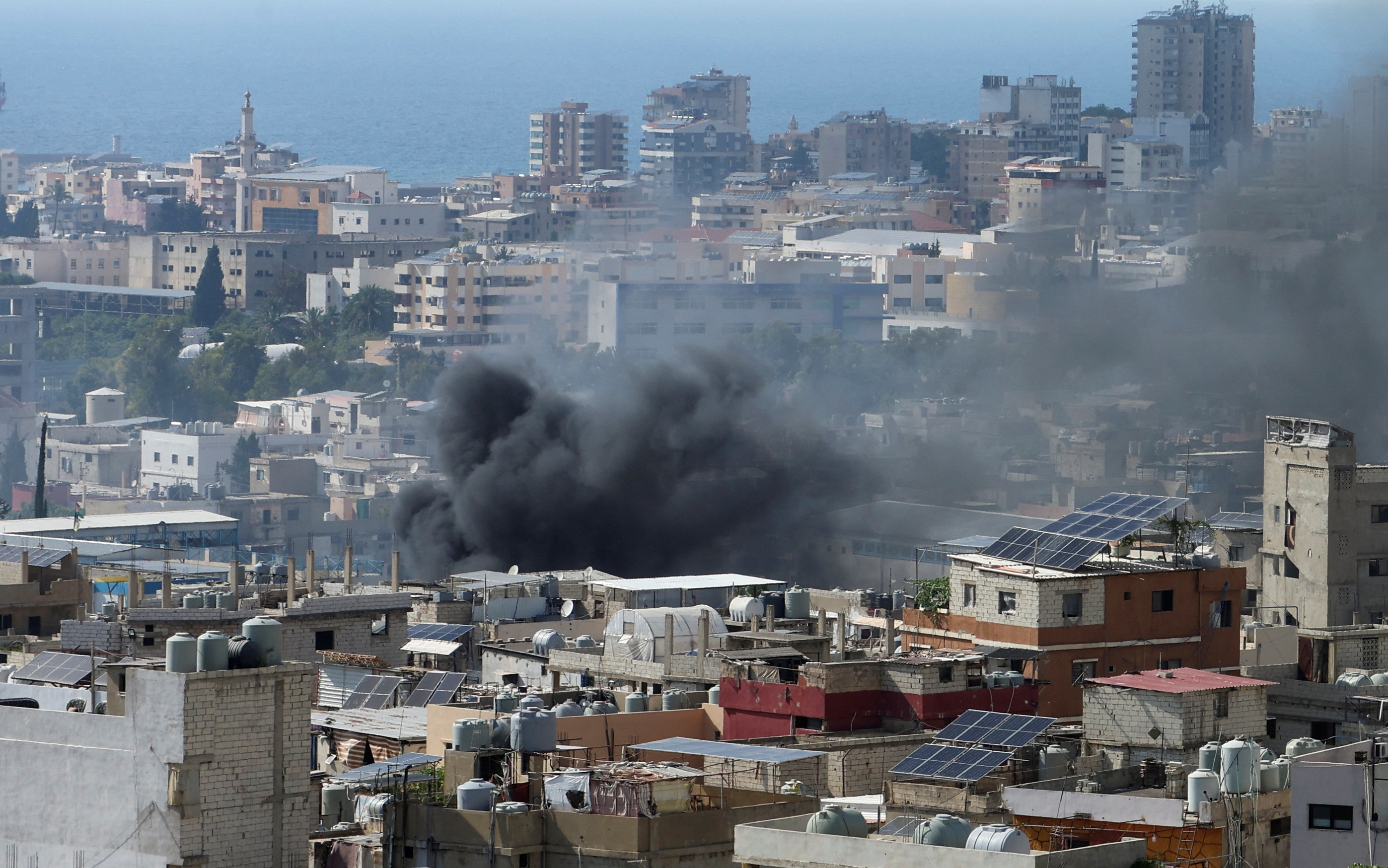
Introduction
In the midst of ongoing tensions, Lebanon has witnessed a tragic incident in a Palestinian refugee camp that resulted in the loss of six lives. The clashes erupted within the camp, highlighting the deep-rooted complexities of the Palestinian refugee issue in the country. This article delves into the recent events, providing an overview of the situation, and shedding light on the historical context of Palestinian refugees in Lebanon.
Background of Palestinian Refugee Camps in Lebanon
Lebanon has been a home to Palestinian refugees since the Nakba in 1948 when thousands were forced to flee their homeland due to the Arab-Israeli conflict. Since then, the Palestinian refugee community in Lebanon has grown significantly, facing numerous challenges, including social, economic, and political struggles. Over time, various refugee camps were established to accommodate them, with overcrowded conditions and limited resources.
Escalation of Clashes in the Camp
The recent clashes at the Palestinian refugee camp have escalated tensions in the region. The conflict appears to have been fueled by a combination of factors, including long-standing grievances, limited access to basic necessities, and political influences. These clashes underscore the need for a comprehensive and sustainable solution to address the plight of Palestinian refugees in Lebanon.
The Human Cost of Violence
Tragically, the clashes resulted in the loss of six lives and left many others injured. The impact of such violence extends far beyond the immediate casualties, causing fear and distress among the camp’s inhabitants and further straining the already precarious conditions within the camp.
International Response and Aid Efforts
The international community has been closely monitoring the situation in Lebanon and has expressed deep concern over the violence at the refugee camp. Various humanitarian organizations have stepped forward to provide aid and support to the affected families, offering medical assistance, food, and shelter to those in need. Nevertheless, the root causes of the conflict must be addressed to prevent such incidents from recurring in the future.
Addressing the Root Causes
To achieve long-term stability and peace within the Palestinian refugee camps in Lebanon, it is crucial to address the root causes that perpetuate tensions and violence. Key issues such as limited access to education and employment opportunities, lack of proper infrastructure, and political marginalization need to be tackled through collaborative efforts between the Lebanese government, international organizations, and the Palestinian community.
Seeking Diplomatic Solutions
A sustainable solution to the Palestinian refugee crisis in Lebanon necessitates diplomatic engagement and dialogue among all stakeholders. This includes the Lebanese authorities, Palestinian representatives, and international mediators. Finding common ground and addressing the concerns of all parties involved will be vital in achieving a peaceful resolution and fostering a better future for the Palestinian refugee community.
The Role of Media in Shaping Perceptions
The media plays a significant role in shaping public opinion and perceptions of conflicts. Accurate and unbiased reporting is essential to provide a comprehensive understanding of the situation in the Palestinian refugee camp. Misinformation and sensationalism can exacerbate tensions and hinder progress towards a peaceful resolution. Responsible journalism can help promote empathy and garner international support for the refugees’ cause.
Building Solidarity and Empathy
At its core, the Palestinian refugee issue is a human rights crisis that demands attention and solidarity from the global community. Empathy and understanding can bridge the gap between different cultures and backgrounds, fostering an environment of cooperation and compassion. By recognizing the shared humanity and struggles of the Palestinian refugees, the international community can work together to support their rights and aspirations.
Conclusion
The recent clashes at the Palestinian refugee camp in Lebanon serve as a stark reminder of the urgency to find a lasting solution to the long-standing Palestinian refugee crisis. It is essential for all parties involved to engage in constructive dialogue and seek diplomatic solutions to address the root causes of tensions. Through international cooperation, responsible media reporting, and empathy towards the refugees, progress can be made towards creating a more stable and secure environment for the Palestinian community in Lebanon. Let us strive for a future where conflicts are replaced by harmony and understanding, ensuring a better life for all those affected by displacement and violence.









